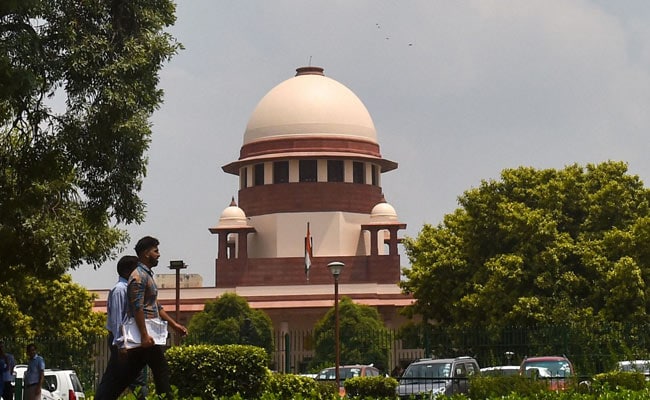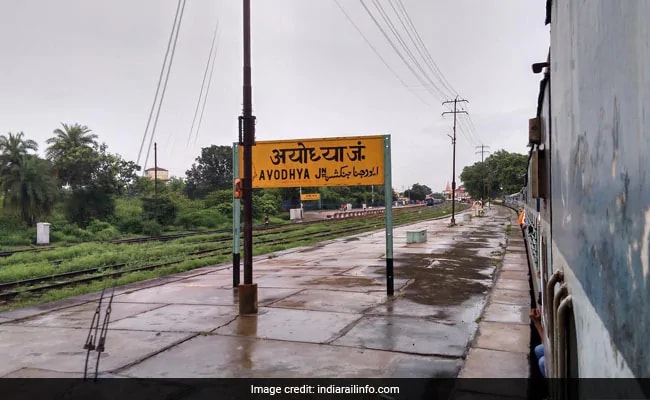In the politically-sensitive Ram Janmbhoomi-Babri Masjid land dispute, daily hearings ended today. Today was the 40th day of daily hearings in the Ayodhya dispute case. On Monday, the Supreme Court had resumed daily hearings after a week-long Dussehra break. It heard from Muslim respondents who said there was no claim for the title of the land in Ayodhya by Hindus until 1989. They asked for the restoration of the Babri Masjid as it stood before it was demolished in December 1992.
The hearings were scheduled to end on October 18, but were rescheduled to October 17, with the court expected to announce a verdict before the Chief Justice leaves office on November 17.
Here are the live updates of the daily hearings in the Ayodhya case:
The instructions came on the last day of the Supreme Court hearing in the Ram Janmabhoomi-Babri Masjid dispute case. The judgment in the matter is to be pronounced by November 17.
While an earlier official order stated that the decision was related to the festival season, a fresh note said the Ayodhya verdict was also a concern, reported PTI.
Officials considered to be on field duties include civil and police officers posted at the district and lower levels, according to PTI.
"The Supreme Court should not rely on this book," Mr Dhavan said, requesting permission to tear it up.
"You do what you want," replied Chief Justice of India Ranjan Gogoi. "You can shred it further," he then said.
 READ HERE: Ayodhya Case - Chief Justice Said I Can: Lawyer Rajeev Dhavan On Viral Act Of Tearing Map In Hearing
READ HERE: Ayodhya Case - Chief Justice Said I Can: Lawyer Rajeev Dhavan On Viral Act Of Tearing Map In HearingAyodhya case: On the last day of daily hearings in the Supreme Court on the Ayodhya temple-mosque case, there were dramatic moments as a senior lawyer tore up a map and relentless interruptions infuriated the judges.
 READ HERE: Ayodhya Case: Daily Hearings In Supreme Court End, Verdict Reserved
READ HERE: Ayodhya Case: Daily Hearings In Supreme Court End, Verdict ReservedThe Supreme Court has reserved verdict in the politically sensitive Ram Janmabhoomi-Babri Masjid land dispute in Ayodhya, after concluding daily hearings in the case after 40 days today. Chief Justice Ranjan Gogoi, declaring "Enough is enough", had said they will conclude the hearings before 5 pm today, after a lawyer asked the top court for more time for arguments in the Ayodhya case.
Do not use mosque demolition footage.
Do not broadcast any celebrations.
Ensure no extreme views are aired in debates.

